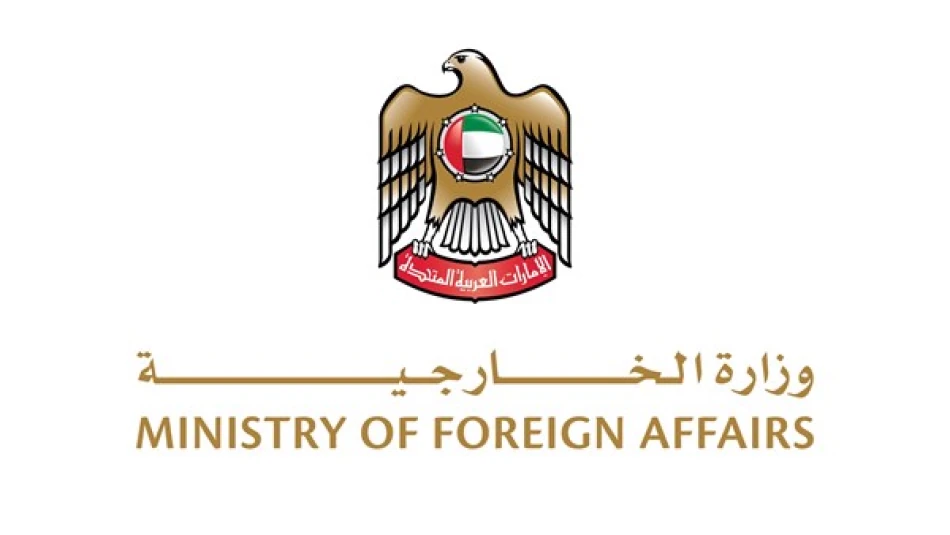
UAE Condemns Attack on Gaza Church, Calls for Protecting Holy Sites and Civilians
UAE Condemns Israeli Strike on Gaza Church as International Law Violation
The United Arab Emirates has issued a sharp condemnation of an Israeli military strike on the Holy Family Church in Gaza that resulted in civilian casualties, marking another escalation in the Gulf nation's increasingly vocal criticism of Israel's military operations. The UAE's foreign ministry characterized the attack as a "flagrant violation of international humanitarian law" and warned that continued military escalation threatens to worsen Gaza's humanitarian catastrophe.
Religious Sites Under Fire
The targeting of the Holy Family Church represents a significant escalation in the conflict, as attacks on religious sites carry particular weight under international law. The UAE's statement emphasized its "categorical rejection" of targeting civilians, sacred places, and civilian institutions, underscoring that such locations should remain off-limits during armed conflicts.
This incident follows a pattern of religious and cultural sites being damaged or destroyed during the current conflict, raising concerns about the protection of Gaza's diverse religious heritage. The Holy Family Church serves one of Gaza's small but historic Christian communities, which has maintained a presence in the territory for centuries.
Diplomatic Implications for Regional Relations
The UAE's strongly worded condemnation is particularly significant given the country's 2020 normalization of relations with Israel through the Abraham Accords. The statement suggests that even nations with formal diplomatic ties to Israel are willing to publicly criticize military actions they view as excessive or unlawful.
Balancing Act for Gulf States
The UAE's position reflects the delicate balance many Gulf states must maintain between their strategic partnerships with Israel and their domestic and regional political considerations. Unlike some Arab nations that have remained silent or offered muted criticism, the UAE has chosen to speak out while maintaining its diplomatic relationship with Israel.
This approach mirrors similar positions taken by other Abraham Accords signatories, who have sought to preserve their new relationships with Israel while responding to domestic pressure over civilian casualties in Gaza.
Call for International Intervention
The UAE's foreign ministry used the incident to renew calls for enhanced international efforts toward a comprehensive political solution based on the two-state framework. The statement specifically referenced UN resolutions and international legitimacy as the basis for Palestinian statehood aspirations.
This diplomatic language aligns with broader international consensus while positioning the UAE as a moderate voice advocating for de-escalation. The emphasis on "serious political horizons" suggests frustration with what the UAE views as insufficient international engagement in finding lasting solutions to the conflict.
Humanitarian Crisis Deepens
The UAE's warning about the "catastrophic humanitarian tragedy" in Gaza reflects growing international concern about civilian conditions in the territory. The attack on the church adds to mounting pressure on the international community to address what many view as a deteriorating humanitarian situation.
The UAE's statement positions the country as advocating for civilian protection while maintaining its diplomatic relationships across the region. This measured approach allows the UAE to critique specific military actions without abandoning its broader strategic partnerships or its role as a regional mediator.
Most Viewed News

 Layla Al Mansoori
Layla Al Mansoori






